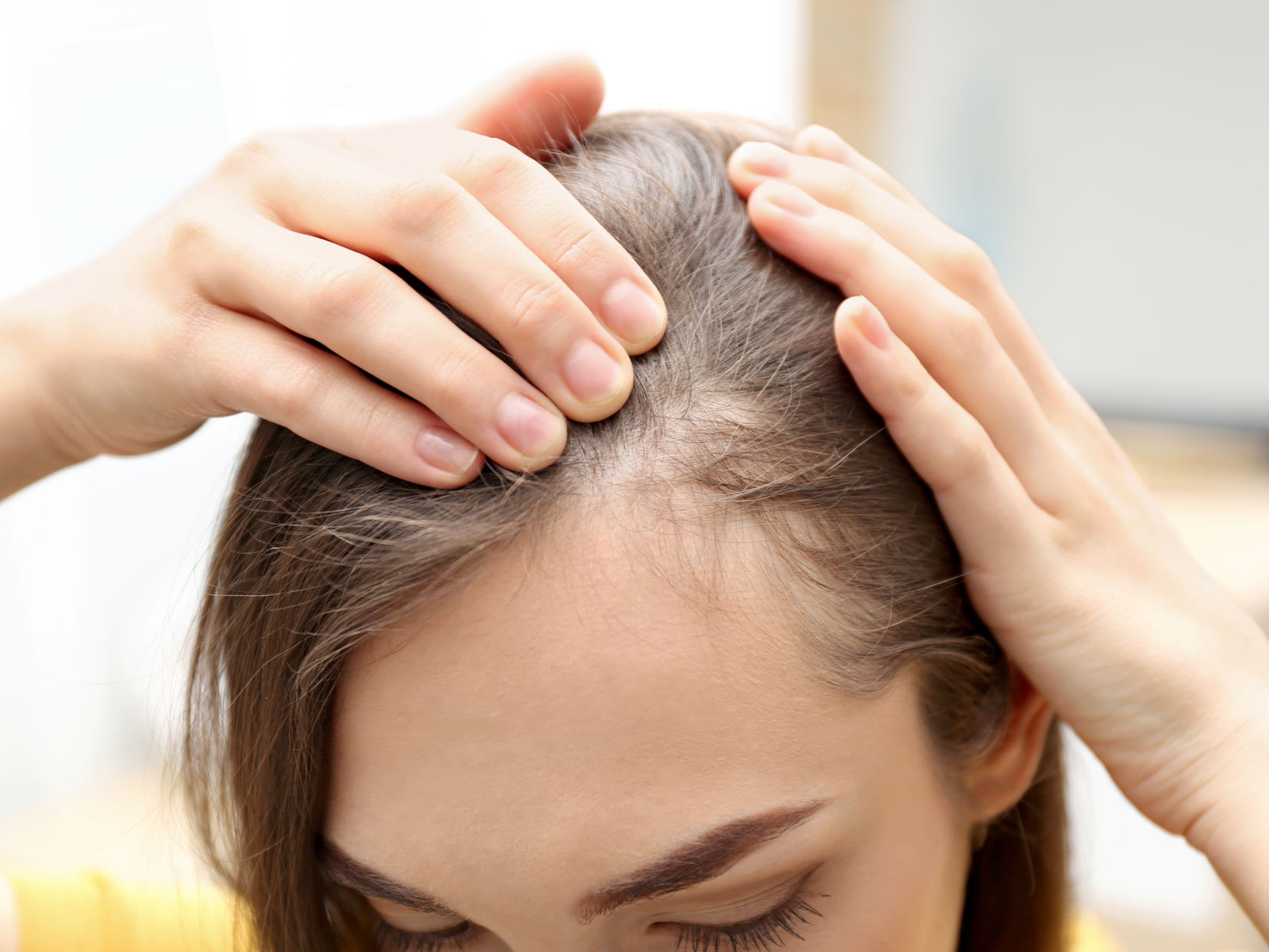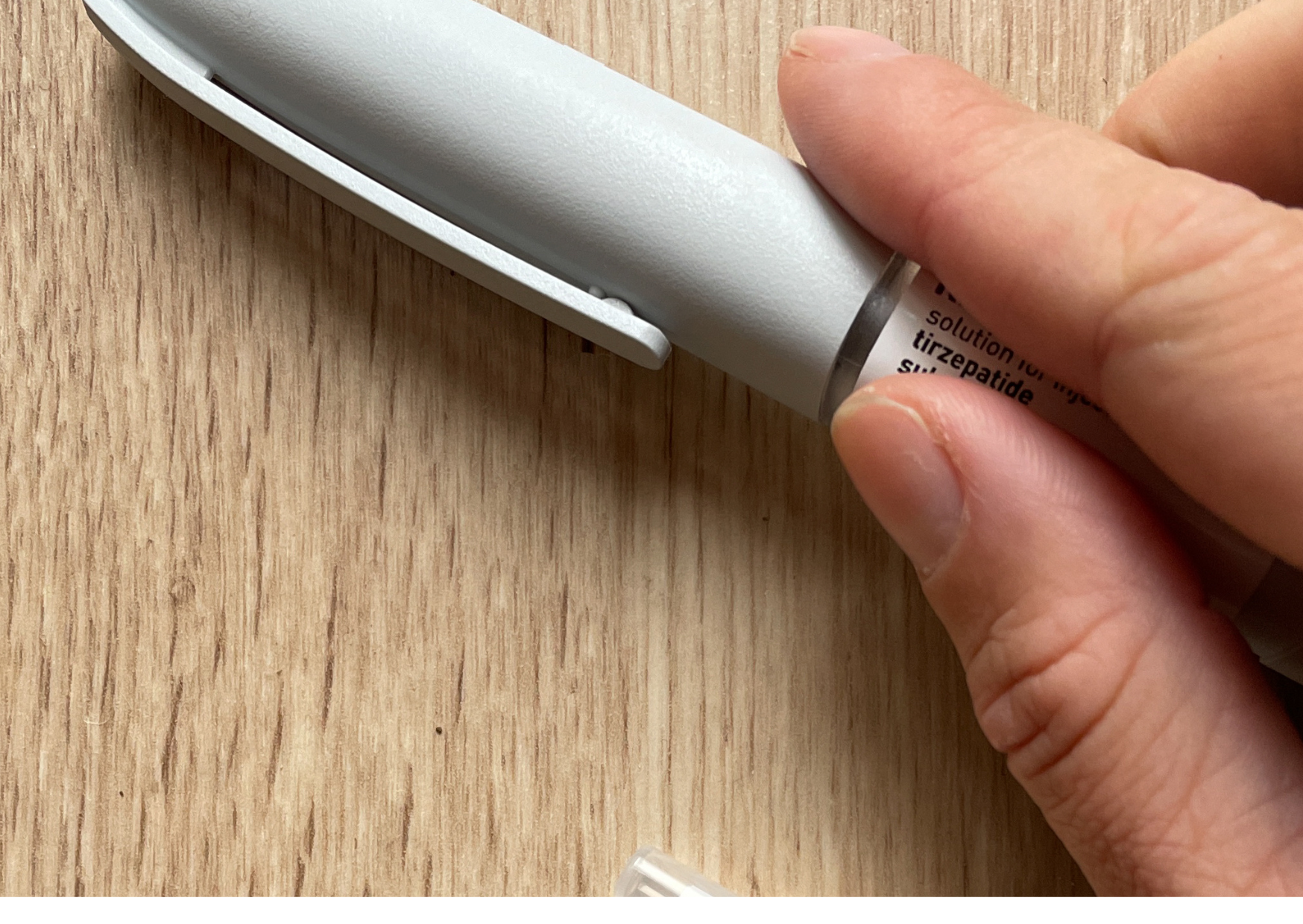Can Mounjaro Cause Hair Loss?
Contents
If you’ve recently started Mounjaro or you’re considering this or another type of weight loss injection and you’re worried about hair shedding, you’re not alone.
As a certified Consultant Trichologist and PRP specialist, I see many patients who come to me confused, frustrated, and concerned that their new medication is causing their hair to thin. In today’s blog, I’m going to walk you through:
What Mounjaro is (and how it works)
The most common types of weight loss injections in the UK
Whether these drugs can cause hair loss and why
What to do if you’ve started noticing shedding
How to support hair recovery safely and effectively
There’s no jargon here just clear, fact-based answers to help you understand what’s really going on. Let’s dive in.
What Are GLP-1 Weight Loss Injections, and How Does Mounjaro Work?
You’ve probably heard these called “fat jabs”, “appetite injections”, or even “weight loss pens” especially online. These terms usually refer to a group of medications originally created for managing type 2 diabetes, now increasingly used for weight loss.
These drugs work by mimicking gut hormones that influence blood sugar regulation, appetite, and digestion.
What Is Mounjaro?
Mounjaro is the brand name for tirzepatide, a newer injectable medication that activates two key hormone receptors:
GLP-1 (glucagon-like peptide-1)
GIP (glucose-dependent insulinotropic polypeptide)
Together, they help:
Slow stomach emptying (so you feel fuller longer)
Improve insulin sensitivity
Lower post-meal blood sugar spikes
Reduce appetite and cravings
Mounjaro is injected once a week, typically via a pre-filled pen. It’s currently licensed in the UK for type 2 diabetes, but it’s frequently prescribed off-label for weight loss.
The 3 Most Common GLP-1 Weight Loss Injections in the UK
There are now several brands on the market, and while they’re often grouped together, not all work in exactly the same way:
| Brand | Drug Name | Receptors Targeted | Frequency | Use in UK | Notes |
|---|---|---|---|---|---|
| Ozempic | Semaglutide | GLP-1 | Weekly | Type 2 Diabetes (off-label for weight loss) | Most well-known; widely used for appetite suppression |
| Wegovy | Semaglutide | GLP-1 | Weekly | Weight Loss | Approved in the UK for obesity; same ingredient as Ozempic |
| Mounjaro | Tirzepatide | GLP-1 + GIP | Weekly | Type 2 Diabetes | Dual-acting; emerging as one of the most potent options |
💡 Also available:
• Saxenda – daily liraglutide injection
• Rybelsus – oral semaglutide tablet
How Do They Cause Weight Loss?
These injections don’t directly “burn fat.” Instead, they change how your brain and gut communicate about food. As a result:
You feel fuller sooner
You eat less without trying
Your blood sugar is more stable
Your appetite is naturally suppressed
That’s often when hair loss enters the picture because your body is adjusting to rapid internal changes.
Is Hair Loss a Side Effect of Mounjaro?
Hair loss isn’t listed as a direct or expected side effect in Mounjaro’s patient information leaflet. But many people, particularly those who lose weight quickly, notice increased shedding. This is often due to telogen effluvium, a stress-related hair loss condition.
Common triggers include:
Low calorie intake
Insufficient protein or iron
Vitamin and mineral deficiencies
Sudden hormonal shifts or emotional stress
So it’s not the drug itself harming the hair follicles, it’s the changes happening within the body as a result of the drug’s action.
Can Mounjaro Cause Hair Loss in Females?
Yes and in women, the emotional toll can be significant.
In clinic, I often see women with:
Increased shedding at the hairline
Thinning across the scalp or crown
Worsening of pre-existing female pattern hair loss
This can be aggravated by nutritional gaps, low iron, low testosterone, or perimenopausal changes, all of which can be made worse by under eating or sudden weight loss.
Does Hair Come Back After Mounjaro?
Yes, hair can grow back, especially if the shedding is related to short-term factors such as rapid weight loss. In theory, once the body stabilises, the hair growth cycle may resume.
However, in practice, regrowth isn’t always straightforward.
In many cases I see, what appears to be medication-linked shedding often draws attention to other contributing factors, such as nutritional deficiencies, hormonal imbalances, or existing hair loss patterns that may have already been developing silently in the background.
So while temporary shedding is possible, ongoing hair loss often has more than one cause, and it’s rarely just about the medication alone.
That’s why it’s so important to assess the full picture, including blood work, scalp health, and lifestyle factors, to understand what’s really going on and create a tailored plan for recovery.
How to Stop Hair Loss Caused by Mounjaro
Stopping the hair loss requires a root cause approach, not just surface-level fixes. This is where trichology comes in.
Key strategies I use in clinic include:
Nutrition & Blood Work:
Iron, B12, Vitamin D, Zinc
Protein intake assessment
Correcting restrictive eating patterns
Scalp & Hair Support:
Scalp massage and circulation-boosting treatments
Inflammation control
Topical growth stimulants
Advanced Interventions:
PRP (Platelet-Rich Plasma) to awaken dormant follicles
Tailored supplement protocols
Hormone testing and GP or endocrinology collaboration if needed
Why It’s Never Just One Thing
Hair loss is rarely caused by a single factor. Even if Mounjaro has contributed to it, it’s often the combination of stress, diet, hormones, and genetics that tip things over the edge.
In my clinic, I often uncover other hidden drivers such as:
Iron or thyroid dysfunction
Gut absorption issues
Past trauma, stress, or viral load
Genetic thinning unmasked by sudden weight loss
This is why personalised diagnosis and planning are essential. Guesswork just leads to more stress and delayed recovery.
Let’s Find Out What’s Really Going On
If you’ve started Mounjaro, Ozempic, or Wegovy and you’re worried about hair loss, please know — you are not alone, and it’s not vain to care.
Hair is deeply connected to identity, confidence, and wellbeing. And the good news is:
Most types of medication-linked hair loss are temporary and treatable, especially with the right care.
📍I offer both in-person consultations from my clinic in Haywards Heath. Together, we’ll look at your lifestyle, bloods, scalp health, and hair growth potential to create a plan that works for you.
👉 Book a consultation here, or get in touch if you’d like to talk it through first.









